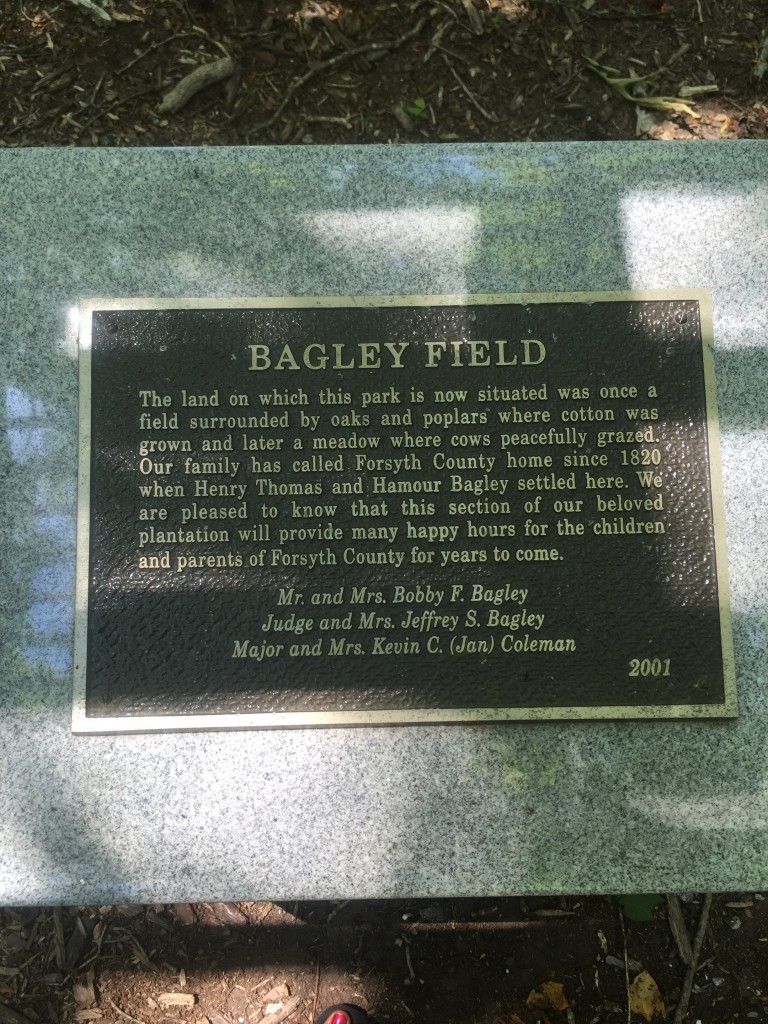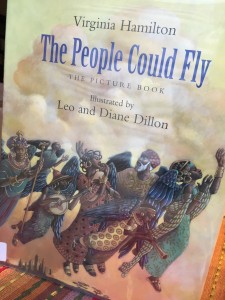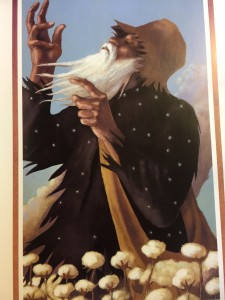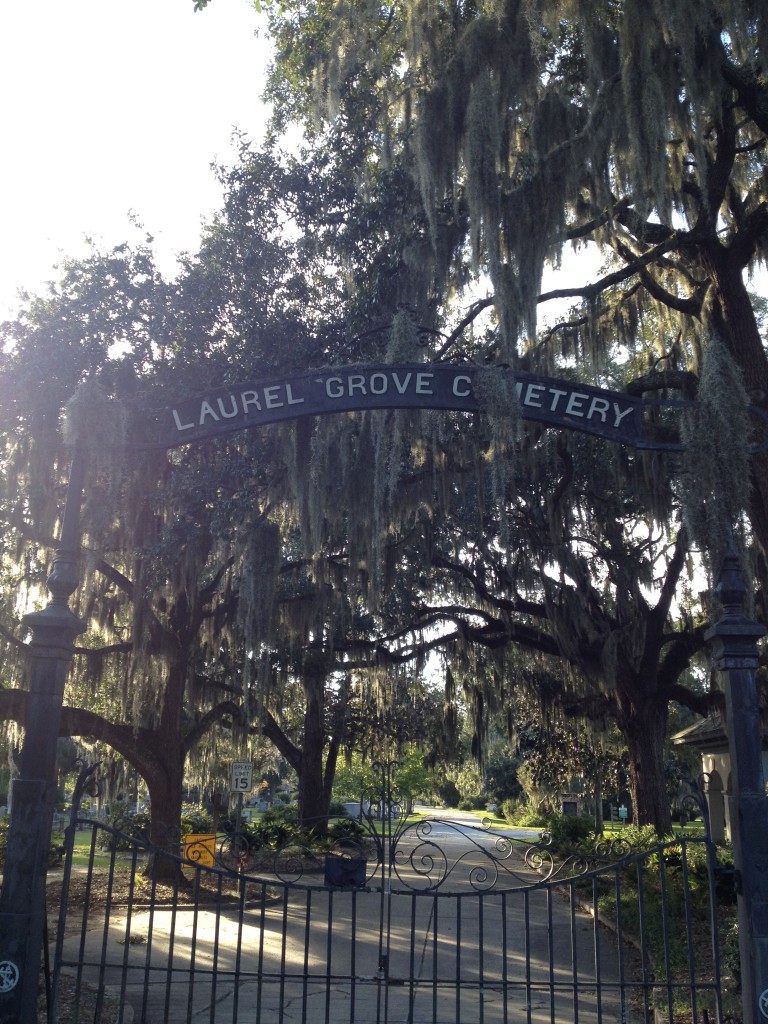 I debated the merits of crafting a preamble to this excerpt, and as I begin typing, I honestly haven’t decided what to say about it. So we’ll see…
I debated the merits of crafting a preamble to this excerpt, and as I begin typing, I honestly haven’t decided what to say about it. So we’ll see…
I read Narrative of the Life of Frederick Douglass, an American Slave. Early on in my reading, I became angry. I graduated from a high school named after this man. We did not read his words. At various points, teachers or administrators recited quotes of his, or summarized the “highlights” of his life. Our mascot, school paper and yearbook were all symbolic of him. But we did not read his words.
We did not spend time in an English class, nor a history class, nor an extracurricular making sense of his life. Glaring omission seems too quiet, too meek, too gray to describe it. Dereliction of duty is how I framed it in a brief note of complaint to a friend. And perhaps it was our fault, incurious teenagers that we were, we didn’t seek him out on our own accord.
I don’t know why it was not mandatory for incoming freshmen at the very least. Not just to find out more about Douglass as a historical figure, but also to help us begin to understand his fire to free both his mind and body. For him, the two were interconnected in ways that may not seem as obvious now. But we needed that. We need that.
I don’t know whether its apathy or rebellion, but it seems the fire has gone out in many quarters. Whether we blame government mandates, institutionalized oppressions, our families, ourselves, somehow we must at least acknowledge that smoldering embers and cooling ashes are often found where fires once roared.
I have more to say on the matter, but for now let us read his words:
Very soon after I went to live with Mr. and Mrs. Auld, she very kindly commenced to teach me the A, B, C. After I had learned this, she assisted me in learning to spell words of three or four letters. Just at this point of my progress, Mr. Auld found out what was going on, and at once forbade Mrs. Auld to instruct me further, telling her, among other things, that it was unlawful, as well as unsafe, to teach a slave to read. To use his own words, further, he said, ʺIf you give a nigger an inch, he will take an ell. A nigger should know nothing but to obey his master‐‐to do as he is told to do. Learning would spoil the best nigger in the world. Now,ʺ said he, ʺif you teach that nigger (speaking of myself) how to read, there would be no keeping him. It would forever unfit him to be a slave. He would at once become unmanageable, and of no value to his master. As to himself, it could do him no good, but a great deal of harm. It would make him discontented and unhappy.” These words sank deep into my heart, stirred up sentiments within that lay slumbering, and called into existence an entirely new train of thought. It was a new and special revelation, explaining dark and mysterious things, with which my youthful understanding had struggled, but struggled in vain. I now understood what had been to me a most perplexing difficulty‐‐to wit, the white manʹs power to enslave the black man. It was a grand achievement, and I prized it highly. From that moment, I understood the pathway from slavery to freedom. It was just what I wanted, and I got it at a time when I the least expected it. Whilst I was saddened by the thought of losing the aid of my kind mistress, I was gladdened by the invaluable instruction which, by the merest accident, I had gained from my master. Though conscious of the difficulty of learning without a teacher, I set out with high hope, and a fixed purpose, at whatever cost of trouble, to learn how to read. The very decided manner with which he spoke, and strove to impress his wife with the evil consequences of giving me instruction, served to convince me that he was deeply sensible of the truths he was uttering. It gave me the best assurance that I might rely with the utmost confidence on the results which, he said, would flow from teaching me to read. What he most dreaded, that I most desired. What he most loved, that I most hated. That which to him was a great evil, to be carefully shunned, was to me a great good, to be diligently sought; and the argument which he so warmly urged, against my learning to read, only served to inspire me with a desire and determination to learn. In learning to read, I owe almost as much to the bitter opposition of my master, as to the kindly aid of my mistress. I acknowledge the benefit of both.
~Frederick Douglass
 I also know Georgia was a slave state, and the legacy of slavery is unmistakeable in these here hills.
I also know Georgia was a slave state, and the legacy of slavery is unmistakeable in these here hills.




